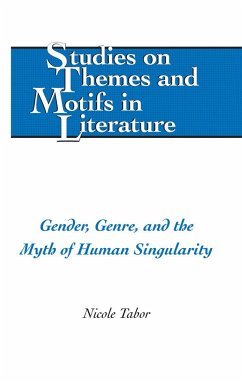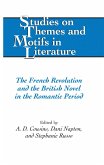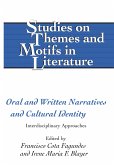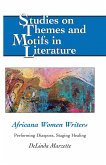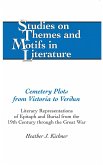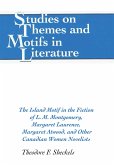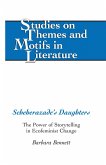In literary works, the law of genre - generic boundaries determined by institutions and conventions of art and literature - reacts to threats of impurity. The three significant modernist works addressed herein by James Joyce ( Ulysses ), Virginia Woolf ( Between the Acts ), and Gertrude Stein ( Doctor Faustus Lights the Lights ) break time-honored gender and genre laws, thus challenging the discourses of power. This violation of laws creates a duality in which play/novel and female/male are intertwined. Women behave as men, men as women, plays act as novels, and so forth. In this way they challenge expectations about categorization: literary, social, and otherwise.
Beginning with Joyce and continuing with Woolf and Stein, Gender, Genre, and the Myth of Singularity examines the intersections of these various experiments in hybridity, analyzing and historicizing literary techniques and methodologies - and their consequences. To the extent that postmodernist literature often presents a fragmented and unstable world where reality is multi-interpretive and eschews the primacy of Western cultural systems and norms, these texts are postmodernist in that they do not assert a singular truth.
Aesthetic genre categories may be linked, in more ways than we know, with the messiness and anxiety of forced classification, with racial and gender laws of purity that threatened death for subjects unable to cleanly conform. The cost of not breaking classificatory laws is high. This book addresses the gender-genre law breaking that transcends the rigidity of either term - drama or fiction; it is the transgressive message itself that, ultimately, links these hybridic performances with modernism.
Beginning with Joyce and continuing with Woolf and Stein, Gender, Genre, and the Myth of Singularity examines the intersections of these various experiments in hybridity, analyzing and historicizing literary techniques and methodologies - and their consequences. To the extent that postmodernist literature often presents a fragmented and unstable world where reality is multi-interpretive and eschews the primacy of Western cultural systems and norms, these texts are postmodernist in that they do not assert a singular truth.
Aesthetic genre categories may be linked, in more ways than we know, with the messiness and anxiety of forced classification, with racial and gender laws of purity that threatened death for subjects unable to cleanly conform. The cost of not breaking classificatory laws is high. This book addresses the gender-genre law breaking that transcends the rigidity of either term - drama or fiction; it is the transgressive message itself that, ultimately, links these hybridic performances with modernism.

